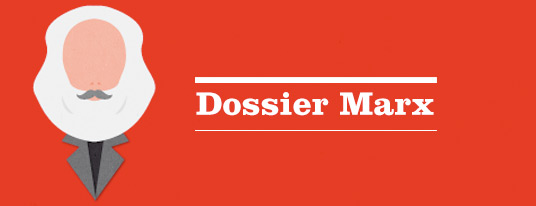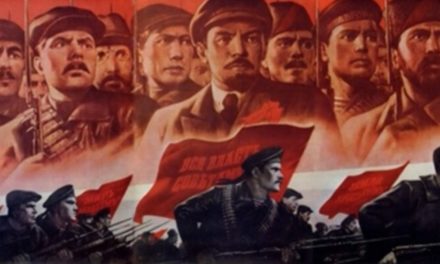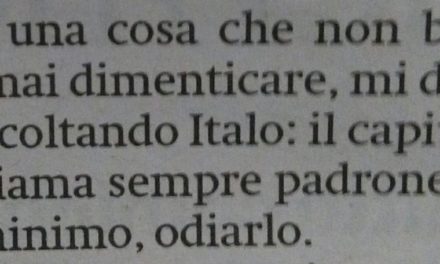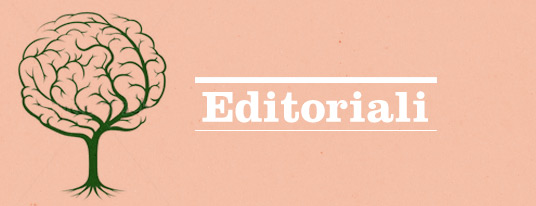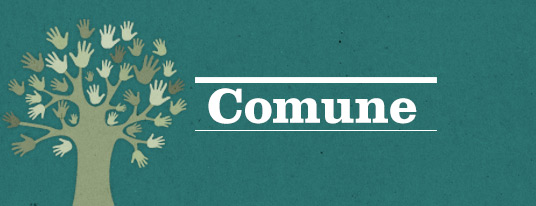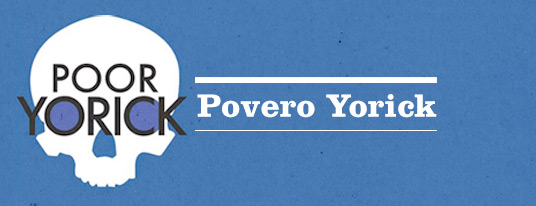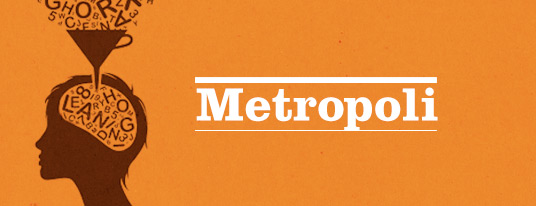***
THE PROGRAMME
The working group will meet approximately on monthly bases. In each session a professor or researcher will present his work that is fitting into the session thematic with one complementary reading in order to deepen the debate. Researchers act as discussants. After each session we will head together to have a pizza or aperitivo to follow our discussion in a more informal manner.
Session 1 (08/10/2014): Bringing Capitalism Back In. Social Movements in Times of Austerity, Seminar Room 2, Badia
Speaker: Prof. Donatella della Porta (Director of Cosmos, Robert Schuman Center for Advanced Studies and Scuola Normale Superiore)
Discussants: Federico Tomasello, Alice Mattoni
Session 2 (28/10/2014): Creditocracy and the Case for Debt Refusal, Seminar Room 4, Badia
Speakers: Prof. Andrew Ross (New York University)
Discussants:
Session 3 (12/11/2014): Making a Case for a Marxist Revival in Social Movement Studies, Seminar Room 2, Badia
Speaker: Prof. Colin Barker (Metropolitan University of Manchester)
Discussants:
Session 4 (17/12/2014 ): Critical Theory and Marxism: Yesterday and Today?, Seminar Room 2, Badia
Speaker: Prof. Claus Offe (Hertie school of governance)
Discussants:
Session 5 ( 29/01/2015): Class Struggle in the Italian Critical Marxism. Situating an Anticapitalist Perspective of Social Movements in Theory and Practice
Speaker: Prof. Antonio Negri (independent)
Discussants:
Session 6 (February 2015): Italian Critical Marxism at Work: Movement(s) of the Migrant Labour across and within the Borders
Speaker: Prof. Sandro Mezzadra (Università di Bologna) – Reading Material
Discussants:
Session 7 (March 2015): Marxist Political Economy and Social Movements: Bridging a Theoretical (and Political) Gap
Speaker: Prof. Emiliano Brancaccio (Università del Sannio)
Discussants:
Session 8 (April 2015): Theory and practice of the Unionisation of the self employed in Europe and in the U.S.
Speaker: Prof. Sergio Bologna (independent)
Discussants:
Session 9 (April 2015): On the Feminisation of Labour: Feminist Theories and Practices of Resistance
Speakers: Prof. Brunella Casalini (Università di Firenze)
Discussants:
Session 10 (May 2015): Why Social Movements Need Marxist Theory
Speaker: Prof. Jeff Goodwin (New York University)
Discussants:
Session 11 (May 2015): Taking Crisis Seriously: Capitalism on its Way Out
Speaker: Prof. Wolfang Streeck (Max Plank Institute)
Discussants:
Final Roundtable (June 2015): Why Marxism(s) Should Speak to Social Movement Studies and Vice Versa
Discussion with: Donatella della Porta, Alice Mattoni, Lorenzo Cini and Federico Tomasello
Moderators: Daniela Chironi
To have more information on the working group, visit our blog: http://marxismsinsocialmovements.wordpress.com/

